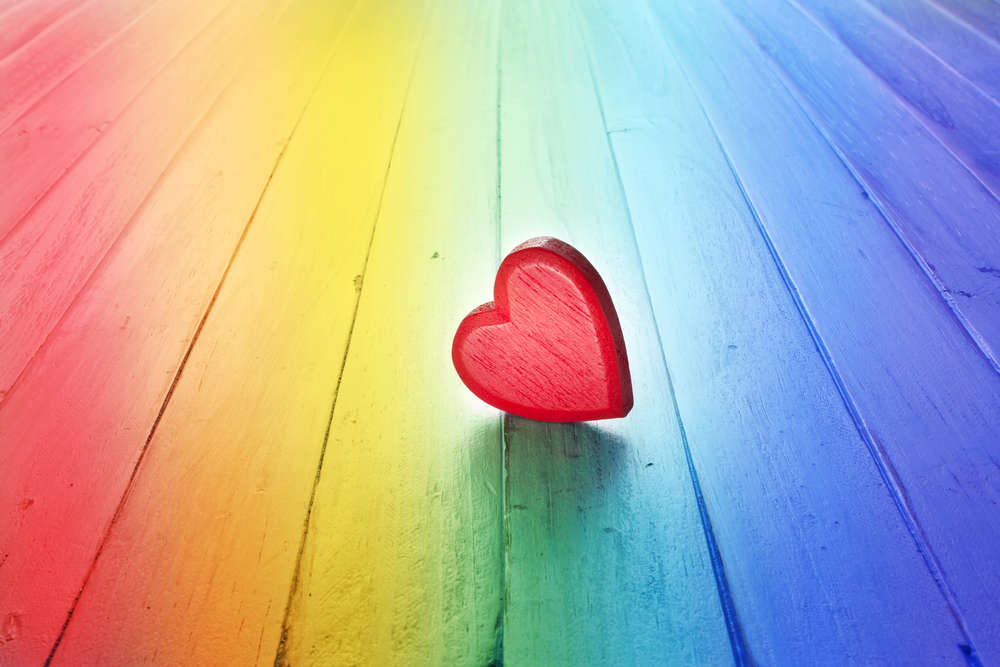I have no words

An editorial on Covid-19 for The Sport and Exercise Scientist, Summer 2020, Issue 64
The date is 3 April 2020. Today, worldwide coronavirus cases reached 1 million. In a short space of time, the world has changed immensely. Like many, I haven't had time to stop and take stock. I am throwing myself into juggling work, parenting and teaching. I'm also trying to process that my dad is now receiving palliative care in an isolation ward, having caught Covid-19. The call I don't want is likely to come today or tomorrow.
It's hard. It's extremely hard. Most of the time I have no words.
Only a few weeks ago, adults were still at work, children were still at school, pubs and restaurants were busy, sport was being played, I could easily get a next day supermarket delivery slot and people weren't embarrassed at the state of their hair. Toilet roll, hand sanitiser and paracetamol were aplenty. People shook hands, hugged and kissed those they knew. With strangers, maybe a nod, a hello, eye contact, even a smile. People could exercise as much as they wanted without neighbours ringing the police.
With barely noticeable steps, headlines about what was happening in China, Italy and other countries became applicable to the UK. Each day the number of confirmed cases crept up; most tagged with: s/he had an underlying health condition. I will pause briefly on those last five words.
My feel is that someone high up the food-chain believed that "an underlying health condition" was a key message. It seemed a consistent message; almost a tag line. Perhaps the intention was to try and allay widespread fear and panic? My honest initial reaction when hearing or reading those words were twofold. The first (wrongfully), is that, that person's death isn't as much as a tragedy as someone's without underlying health conditions. The second is that, Covid-19 isn't relevant to me. I think if the powers that be had focused on a different key message, perhaps we wouldn't have seen such blasé behaviour as on Mothering Sunday weekend. Parks and National Parks were packed - "social distancing" was not being adhered to. There's a learning curve here for all of us: words matter; every sentence matters; and key messages really matter. This is perhaps something to reflect upon.
The other issue I wish to briefly pause on is "bottom lines." When Covid-19 is all done, there will be a total death toll number. What that number will hide is each important individual. It doesn't do justice to the horror of Covid-19 and what "isolation" means to families affected. My family want to be with my dad. We will want to be with my mum but won't be able to. It's heartbreaking. So, let's not be in a rush to get to the bottom line of our work and research and miss important aspects. Rich description is important.
Our community has a lot to offer with regards to dealing with the undeniable impact of the Covid-19 pandemic on emotional well-being and mental health. Many people don't cope well with enforced change. Many now have considerable financial worries. Most people's daily routines are in chaos; interactions are minimal. Social distancing and self-isolation are hard. Not all people are in happy homes.
All competitive sport has been cancelled for the foreseeable future. Athletes, coaches and support personnel are having to reframe. For a while the summer show-piece held out, adamant that the Olympic and Paralympic Games Tokyo 2020 would run. Lockdown in some countries made it impossible for athletes to train. The uncertainties proving increasingly difficult. With mounting pressures to postpone, the Games organisers announced it will now be held in 2021. Many people will now be busy adapting plans.
Personally, I've found a few things useful in adapting to the new "normal." A tip from Anna Glowinski (a bike rider isolating in Spain) was to "make life about something else" - she's allowing herself only 5 minutes a day of catching up on coronavirus news. I implemented this straight away and found it helpful.
In addition, my friend and psychologist, Dr Mark Bellamy has done a couple of nice Facebook posts. In the first, he talked about the 4 x 3 format that puts some structure into the day:
- 3 x 20 minutes exercise or physical activity
- 3 x 20 minutes social phone calls
- 3 x activities that bring you joy
- 3 x meals that truly nourish you.
I like this and it's working for my family. Our daily outdoor exercise is an essential part of our day. Like many, I will really struggle if this is taken away.
Mark's second post was a rework of Maslow's hierarchy of needs. It was re-worked so that the base level basic need is "Support the NHS." The NHS's message is clear: Act like you have got it. Anyone can spread it. Stay home. Protect the NHS. Save lives.
The world has changed immensely in the last few months. This pandemic is affecting everybody, everywhere. We need to remember that not all are affected equally. When things go wrong, inequalities are magnified. I sincerely hope we can emerge from it all with some aspects of life enhanced: being better global citizens; being more community-spirited; and ensuring a better work-life balance.
Dr Claire Hitchings FBASES - Claire is Editor of The Sport and Exercise Scientist. She is a triathlon coach and runs Claire Hitchings Coaching (www.clairehitchings.rocks). She currently lives in a messy house, juggling parenting, home-schooling, working and training.
This editorial will be published in The Sport and Exercise Scientist, Summer 2020, Issue 64. Published by the British Association of Sport and Exercise Sciences - www.bases.org.uk
RIP Dad - you had an innings to be proud of! I will miss you. xox

Comments
Leave a comment